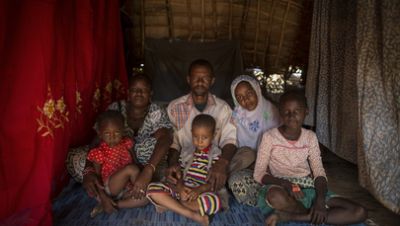Human Development Report 1998
Consumption for Human Development

UNDP (United Nations Development Programme). 1998. Human Development Report 1998: Consumption for Human Development. New York.
Human Development Report 1998
Consumption for Human Development
The 1998 Report investigates the 20th century's growth in consumption, unprecedented in its scale and diversity. The benefits of this consumption have spread far and wide. More people are better fed and housed than ever before. Living standards have risen to enable hundreds of millions to enjoy housing with hot water and cold, warmth and electricity, transport to and from work-with time for leisure and sports, vacations and other activities beyond anything imagined at the start of this century. Yet the Report states that the benefits of this consumption have been badly distributed, leaving a backlog of shortfalls and gaping inequalities. Furthermore, ever-expanding consumption puts strains on the environment.
How do these realities relate to human development? The Reports demonstrates that:
- Rising pressures for conspicuous consumption can turn destructive, reinforcing exclusion, poverty and inequality;
- Globalization is integrating consumer markets around the world and opening opportunities. But it is also creating new inequalities and new challenges for protecting consumer rights;
- Need for the development and application of technologies and methods that are environmentally sustainable for both poor and affluent consumers;
- Need to strengthen public action for consumer education and information and environmental protection and to strengthen international mechanisms to manage consumption's global impacts; and
- Need to think globally, and act locally, to build on the initiatives of people and foster synergies in the actions of civil society, the private sector and government.

